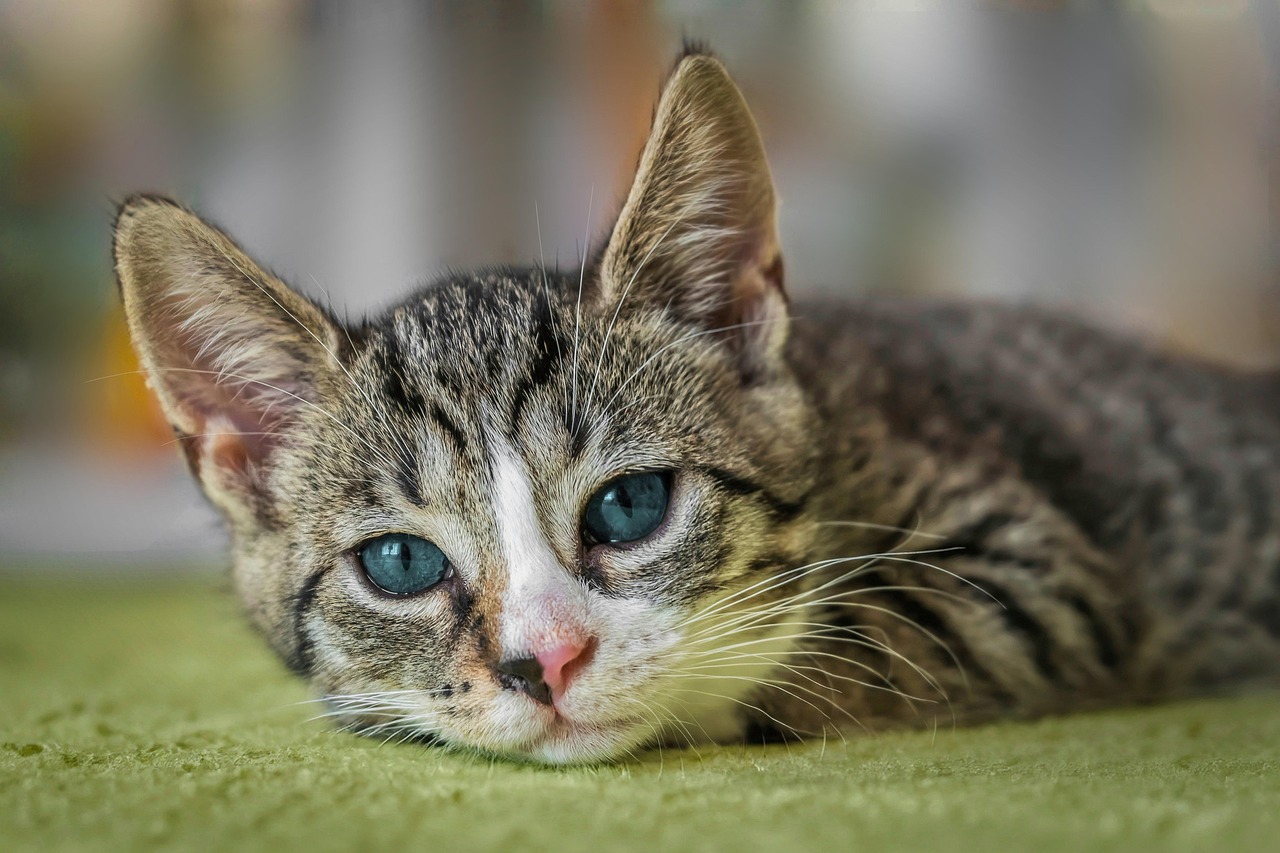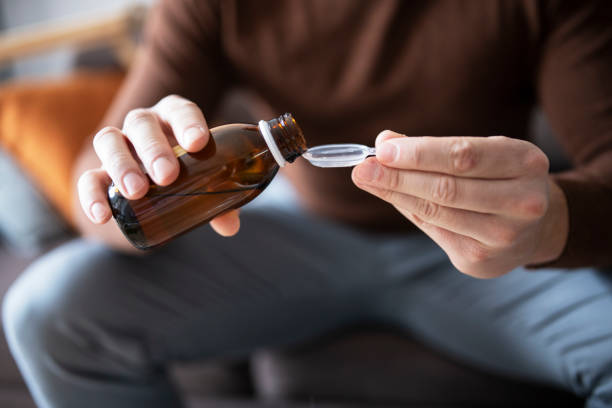.png)
On the surface, the city’s addiction crisis appears to be male-dominated – rehab admissions, police seizures, overdose cases, and even the awareness campaigns are centred around men. But quietly, behind closed doors, more women in Hyderabad are slipping into patterns of substance dependency. And they’re doing so in silence, away from treatment, and with very little support.
From working professionals managing back-to-back meetings to housewives dealing with exhaustion, emotional stress, or isolation, an increasing number of women are turning to alcohol, sedatives, or painkillers to cope. According to the national substance use survey by AIIMS and the Ministry of Social Justice (2019), more than 57 lakh women across India were found to be using addictive substances — sedatives and painkillers among the most common. However, less than 5 percent of them had ever accessed any kind of treatment. In Telangana, health officials say the number of women being treated for addiction is only a fraction of the true picture.
Unlike male users, whose cases often surface through law enforcement or health emergencies, women tend to hide their dependence for longer. “By the time most women reach us, they’ve already been using for years,” said Dr Ravi Deepentla, a clinical psychologist who works with addiction cases in Hyderabad. “The shame and fear of being judged keeps them from even naming the problem. Many are mothers, caregivers, respected professionals. Admitting they need help is terrifying.”
Divya, a 35-year-old former marketing executive, said her drinking began as a glass of wine to unwind after work. “But during COVID, it turned into a routine. My anxiety was so high, I couldn’t sleep without it. I never saw myself as an addict — I was still doing everything at home and at work.” She sought help after a panic attack led her to a psychiatrist, who gently raised the possibility of dependence.
While Hyderabad has several de-addiction centres, very few are equipped to cater to women. There are no women-only rehab facilities in Telangana, and even the Integrated Rehabilitation Centres for Addicts function as co-ed spaces with limited privacy or childcare support. “Most women I counsel choose to drop out after one or two sessions because the setup makes them deeply uncomfortable,” said Dr Deepentla.
Social workers and counsellors are now pushing for female-only outpatient programmes, community-based counselling, and discreet recovery circles — even WhatsApp peer groups — that offer some form of anonymity and safety. On this International Day Against Drug Abuse, they say the issue isn’t just about stopping drugs. It’s about creating space for women to be seen, heard, and healed without fear.

.jpeg)



